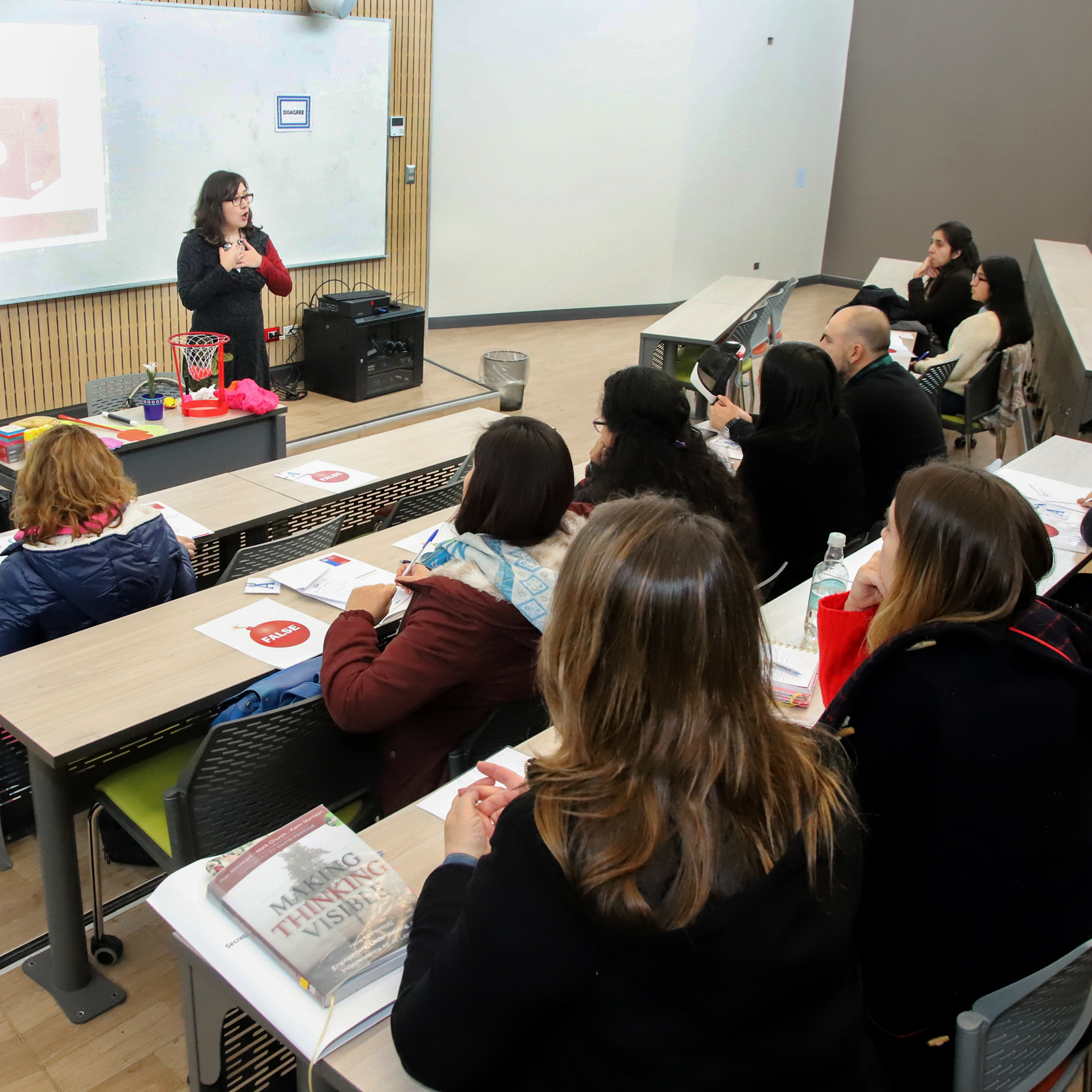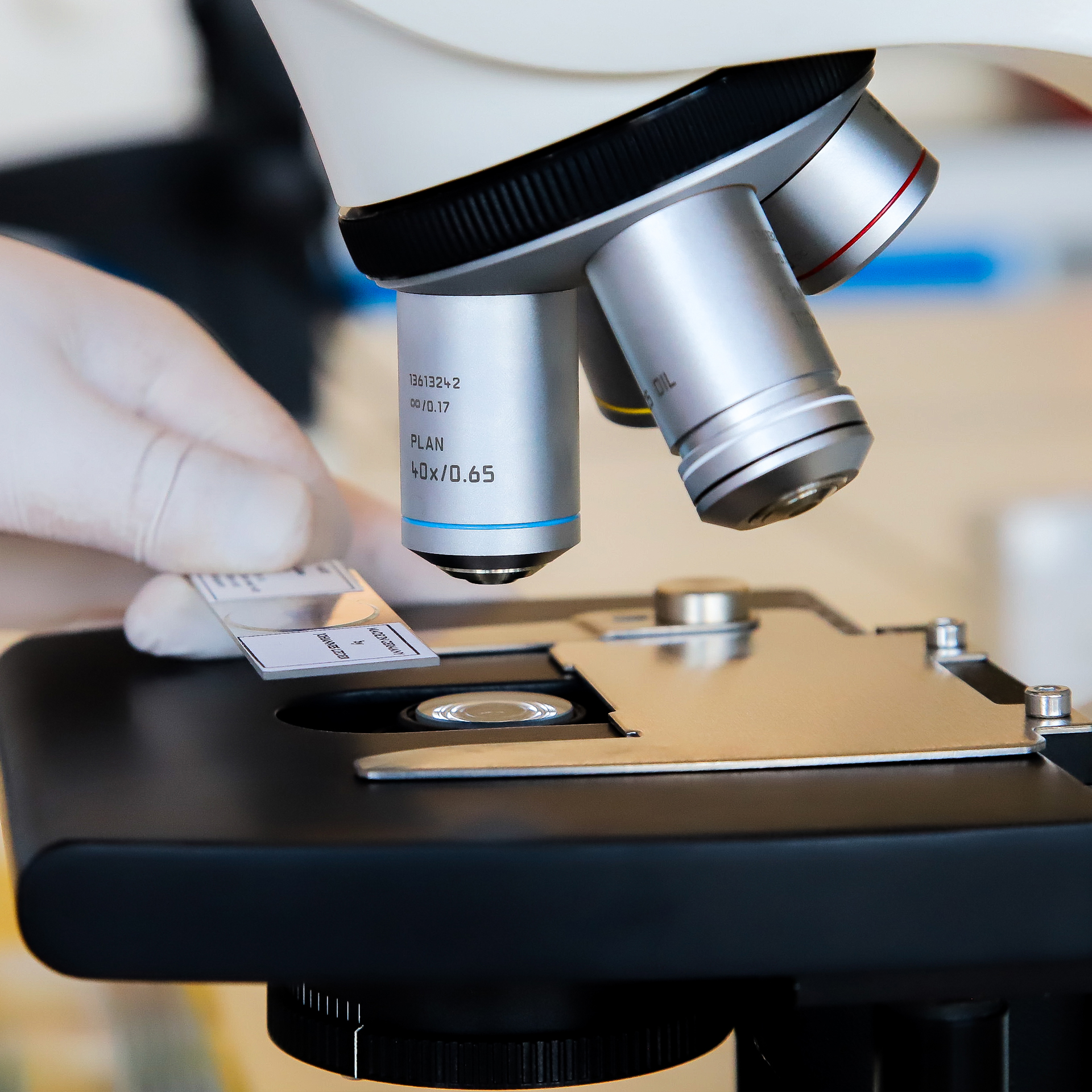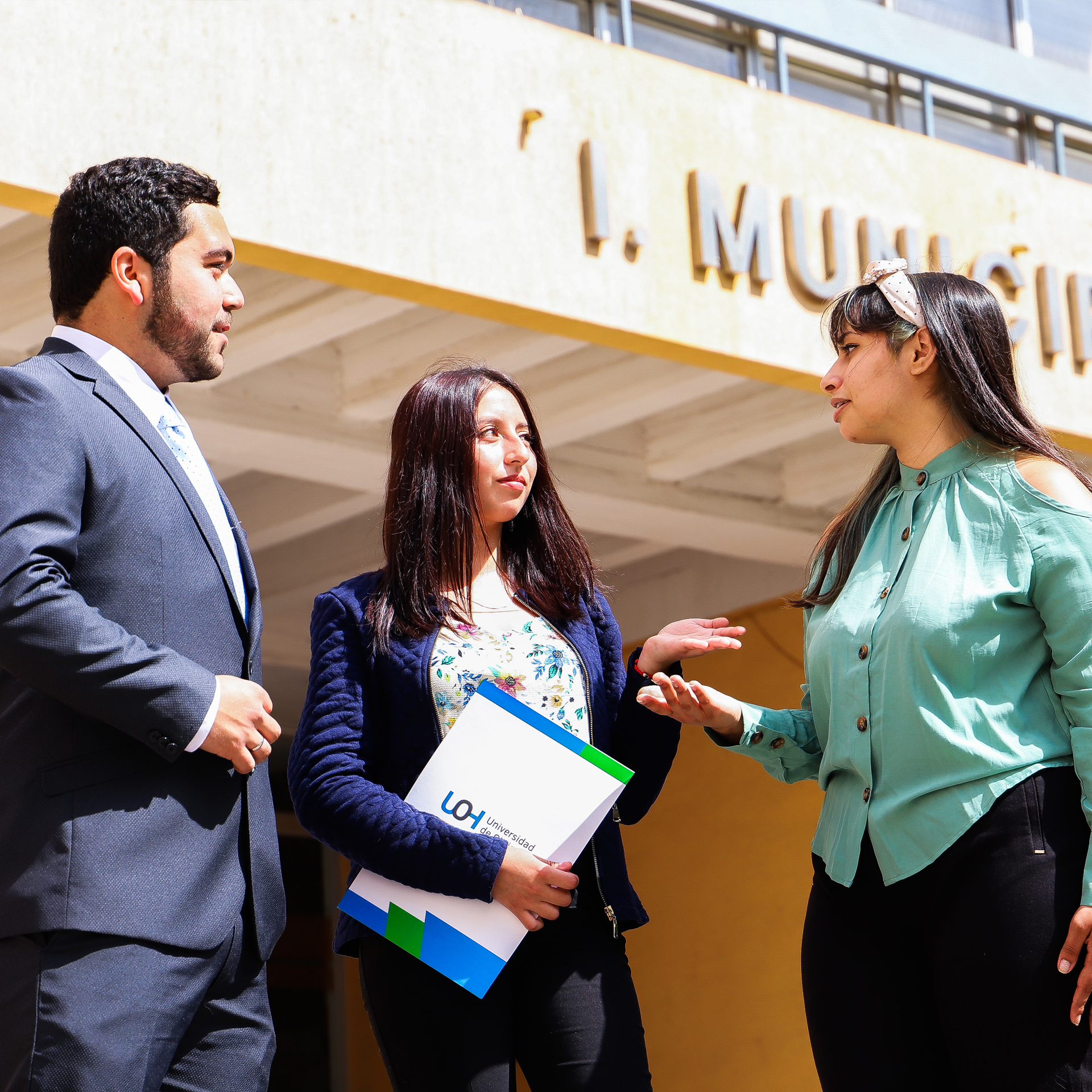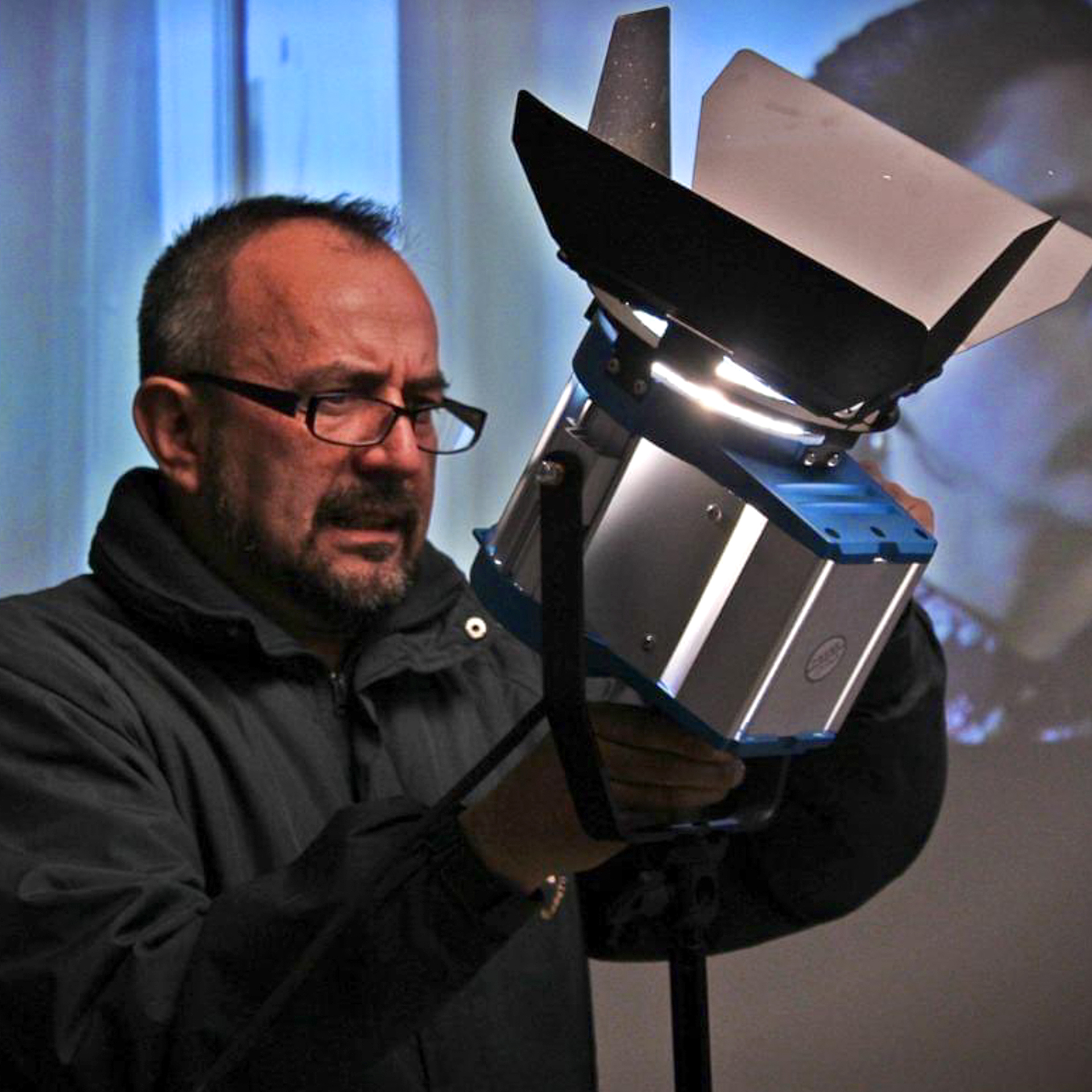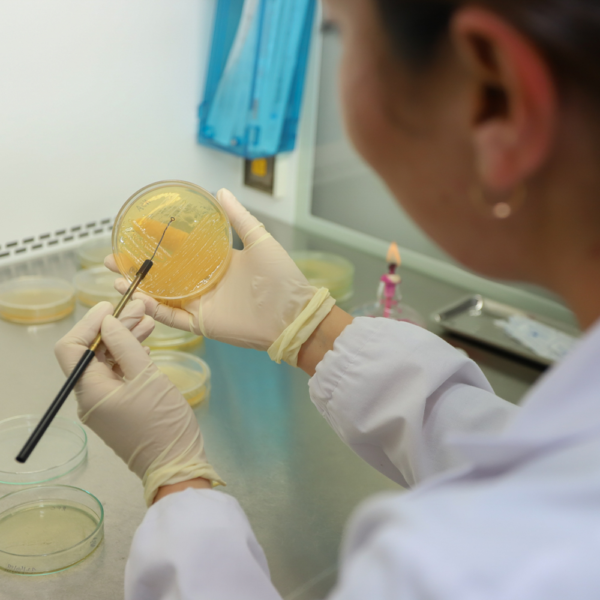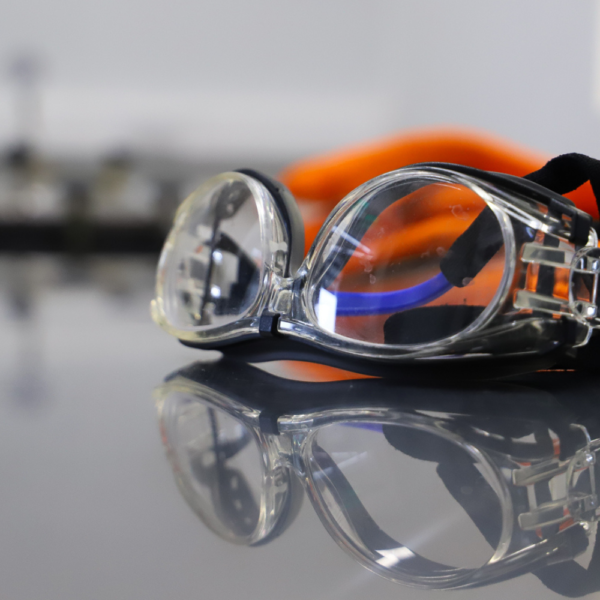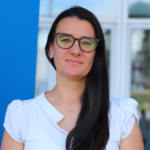Ésta busca promover actividades de investigación y desarrollo al más alto nivel, a cargo de sus académico/as e investigadores/as en el marco de proyectos científicos y tecnológicos de alcance regional, nacional e internacional, en concordancia con el Plan de Desarrollo Estratégico de la Universidad.
100% de los académicos y académicas con doctoradoInvestigación
Institutos de Investigación
Convocatorias
Cifras

208
Proyectos de investigación como responsables o co-investigadoras/es entre 2017 y 2021 (66 Fondecyt)

311
Publicaciones científicas entre 2017 y 2021 (266 en Scopus)

6
Institutos de investigación interdisciplinaria en 2021

100%
De académicas/os con grado de Doctor en 2021
Proyectos
- Diciembre 2025 - Diciembre 2025
IEEE RAS Technical Education Program
- Diciembre 2025 - Diciembre 2025
IEEE RAS Technical Education Program
- ID25I10198
- Agosto 2025
Herramientas de machine learning y optimización para mejora de calidad de soluciones de ruteo de vehículos y última milla
- Mayo 2025 - Abril 2028
Qualitative behaviour of nonlinear PDE from Physics and Biology
- Abril 2025
The Schools Role in Shaping Attitudes Towards Inequality: An In-depth Inquiry in Schools with Socioeconomically Diverse Students
- 11251528
- Abril 2025 - Marzo 2028
HAMFLIP: Hamiltonicity and Diameter of Flip Graphs
Últimas Publicaciones
- REVISTA Front. Chem. Biol
- 1970
A Mini Review of mycotoxin’s occurrence in food in South America in the last five years: research gaps and challenges in a climate change era
• Claudia Foerster Guzmán • Andrea Julieta Müller Sepúlveda
- REVISTA Front. Chem. Biol
- 1970
A Mini Review of mycotoxin’s occurrence in food in South America in the last five years: research gaps and challenges in a climate change era
• Claudia Foerster Guzmán • Andrea Julieta Müller Sepúlveda
- REVISTA Frontiers in Public Health
- 2025
Exposure to pesticides in Chile and its relationship with carcinogenic potential: a review
• María Teresa Muñoz-Quezada • Veronica Iglesias • Liliana Zúñiga-Venegas • Floria Pancetti • Claudia Foerster Guzmán
- REVISTA Journal of Gender Studies
- 2025
A decolonial and intersectional approach to identity in multicultural education: The case of the Haitian community in Chile
• Carolina Pérez Arredondo
- REVISTA Journal of Gender Studies
- 2025
Intersecting inequalities: towards a critical discursive approach
• Eleonora Esposito • Carolina Pérez Arredondo • Angela Zottola
Novedades destacadas
Se abren las postulaciones para el Fondo de Investigación en Género y Diversidades UOH 2025
La convocatoria, organizada por la Dirección de Equidad de Género y Diversidades, en conjunto con el proyecto InES Género de la Vicerrectoría de Investigación y Postgrado, estará abierta hasta el 16 de julio y busca financiar el desarrollo de investigaciones realizadas por académicas y académicos UOH en temáticas de género y diversidades.
Saber másEmbajadora de Marruecos aborda avances en igualdad de género en nueva versión de “Jornada Global UOH”
En el marco de la sexta versión de la actividad, la Universidad de O’Higgins recibió a la embajadora del Reino de Marruecos en Chile, Kenza El Ghali, quien ofreció una charla magistral centrada en los avances y desafíos en materia de igualdad de género en su país.
Saber másSe abren las postulaciones para el premio “For Women in Science 2025” en Chile
El galardón se ha consolidado como uno de los más importantes a nivel global, potenciando el trabajo de más de 4.000 investigadoras, y contando entre sus ganadoras a siete premios Nobel.
Saber más
